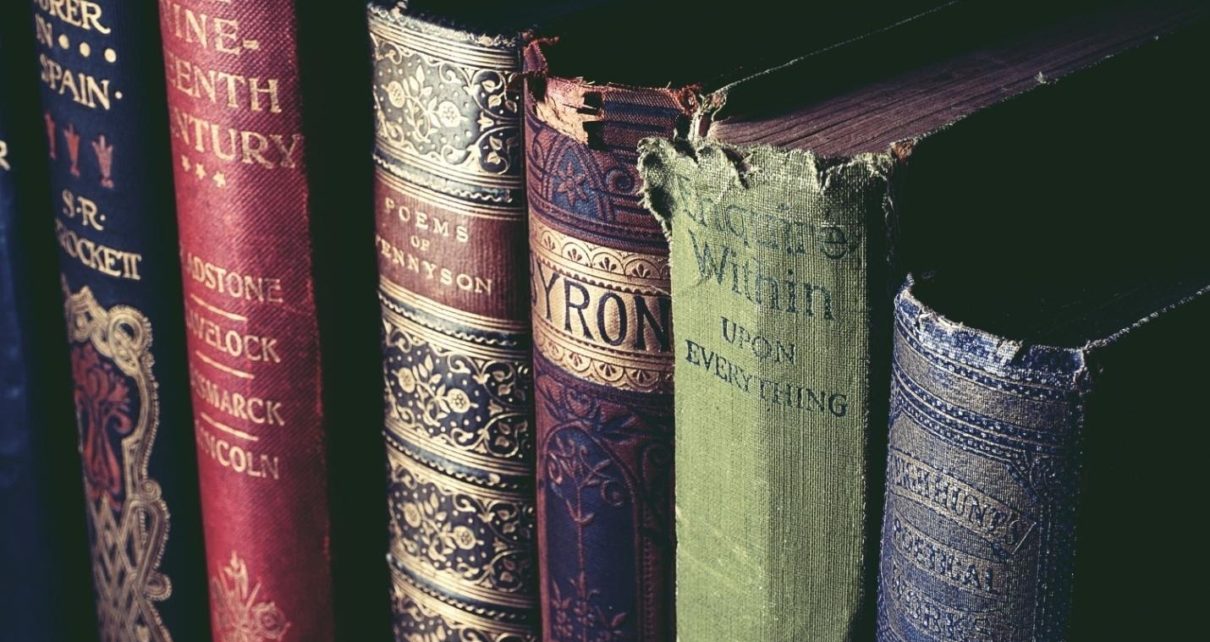What makes literature great is the underlying story, which is to be enjoyed and reflected upon at length. The dramas were meant to be watched on stage and be laughed at and enjoyed. The great works invoke complex emotions and inspire people to see the world in a new light. So, it can fairly be said great literary works were not written to be read in a classroom and be analyzed by the students for better grades. But, one must examine and study them to get the essence of the writing. Continue reading this article to find ways to introduce literary texts in the classroom and make literature learning more enjoyable.
Mixed Media: Literature study should not be by any means monotonous. If one finds the subject boring, they are not studying the literature the way it was intended. Everyone likes movies; there is no denying that. Even the backbenchers who hardly get a passing grade are interested in watching movies. Now, movies are essentially stories acted by professional actors and shown on a screen. The same stories or even better stories are written on the pages of your books. The teacher must narrate the stories in an exciting way to get the attention of the students.
- Incorporate movies and songs in the classroom to gain everyone’s attention. For example, if a student is reluctant to read the classic Wuthering Heights, suggest watching the movie version. Once he watches the movie and experiences the deep emotional bond between the main characters, he will understand why the book is classic.
- If students are unwilling to read long essays on the critical analysis of a Shakespearean text, ask them to listen to a Shakespearean Podcast instead. There are great podcasts dedicated to teaching literature to students. The goal should be to show kids that the literature they read is celebrated across the world.
Create A Different Perspective: The primary aim of teaching literature in the classroom is to inspire students to think differently. Great minds of different times have recorded their thoughts on the blank pages, allowing the readers to read and reflect. Therefore, a student must incorporate research-based instruction to satiate their curious minds. The teacher must encourage further studies and independent research work on a text taught in the classroom. For example, once a student reads Wuthering Heights, he or she may further study the literary criticism of the text and understand the modern perspective of the novel.
Field Trip: A teacher can take the whole class to a theatre to show what drama is all about. The students can experience the drama being enacted on stage firsthand and be inspired by the writing. The dialogue that seemed so dull on the book’s pages will come to life when an actor reads them on stage. The students will have a better understanding of the given text in their syllabus. Plus, going to see a play will act as a bonding experience among students. A teacher may take the class to see classic and contemporary works to show them how literature evolves over a period.



